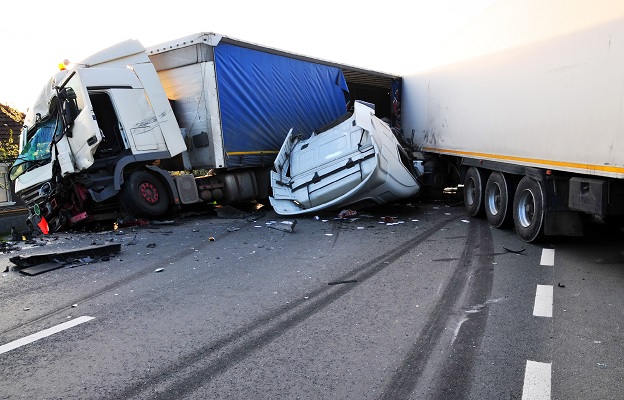Standard sentences
There are two types of drink driving in the UK. The first is tested using a breath test machine that analyses the level of alcohol in your breath and produces a scientific report, this type is called “excess alcohol”. In certain circumstances the police may also require you to provide a sample of blood or urine instead of or in addition to the breath test. The second type of drink driving does not require any scientific evidence and relies on the police’s account of how you drove and how you appeared to behave to them in order to prove that you were unfit to drive.
Knowing which type of offence you have been accused of is important for determining the sentence you will receive should you plead guilty or be convicted.
Excess alcohol
The sentence for drink driving with excess alcohol will depend on three things:
1. The level of alcohol in your system;
2. The level of risk caused to others; and
3. Whether you were involved in an accident while driving drunk.
The drink driving limit is 35mg of alcohol in breath. If you are just over the limit the minimum sentence is a 12 month driving ban. It is also highly likely that the court will fine you in addition to the driving ban. The fine can be up to £5,000.
It must be remembered that 12 months is the minimum sentence and the court can impose a much longer driving ban.
Where you have been convicted of drink driving in the 10 years prior to the current offence the court must impose a minimum sentence of a 3 year driving ban.
Where you have previous convictions, the alcohol reading is very high or there are aggravating features, such as driving through an area with pedestrians or causing an accident there is a real risk that you will be sent to prison.
The maximum prison sentence is 6 months imprisonment.
Driving while unfit
The minimum driving ban is 6 months imprisonment and the court can send you to prison for up to 6 months and impose a fine of up to £5,000.
The court will consider how impaired your ability to drive was when deciding what sentence to impose. Where you were badly affected by drink there is a real risk that you will receive a prison sentence and a driving ban of 36 months.
How to reduce a drink driving sentence
There are various facts that can reduce the seriousness of the sentence imposed upon you following a conviction for drink driving.
First, it’s worth remembering that if you plead guilty you are entitled to a one-third discount on your sentence, which in some cases can make the difference between prison and not going to prison. The sentence discount will never take your driving ban below the minimum the court can impose. You should discuss your plea with your solicitor.
There are general facts that can reduce the severity of the sentence and ensure that you receive the minimum driving ban. Then there are specialist legal arguments that can actually reduce the sentence below the normal minimum driving ban!
The general facts that can reduce the sentence include the fact that you drove a short distance, you did not come into contact with other traffic or pedestrians, you were not driving a lorry or carrying passengers or you believed there was a genuine emergency that necessitated you driving. This is not an exhaustive list and other facts may assist you in reducing your sentence.
If special reasons not to disqualify you exist then you can escape the driving ban altogether – despite the court usually being required to impose a minimum driving ban.
Special reasons are a legal device that solicitors can use to help minimise your drink driving sentence. There are very strict rules on what can and cannot be a special reason.
Common special reasons include:
1. Very short distance driven;
2. Spiked drinks – this is where somebody else slips alcohol into your non- or low-alcohol drink without your knowledge. This can be a very difficult special reason and often requires expert medical evidence to prove; and
3. Genuine emergency – in the UK this can be very hard to prove because there is universal free ambulance, fire and police cover. Nonetheless, it is possible to establish a genuine emergency, particularly where you drive while drunk to escape an attacker.
All special reasons application are fraught with difficulties and you must take legal advice from an expert drink driving solicitor before attempting to put forward a special reason. Putting forward an unmerited application could result in unnecessarily losing your driving licence and higher costs being awarded against you by the court.



